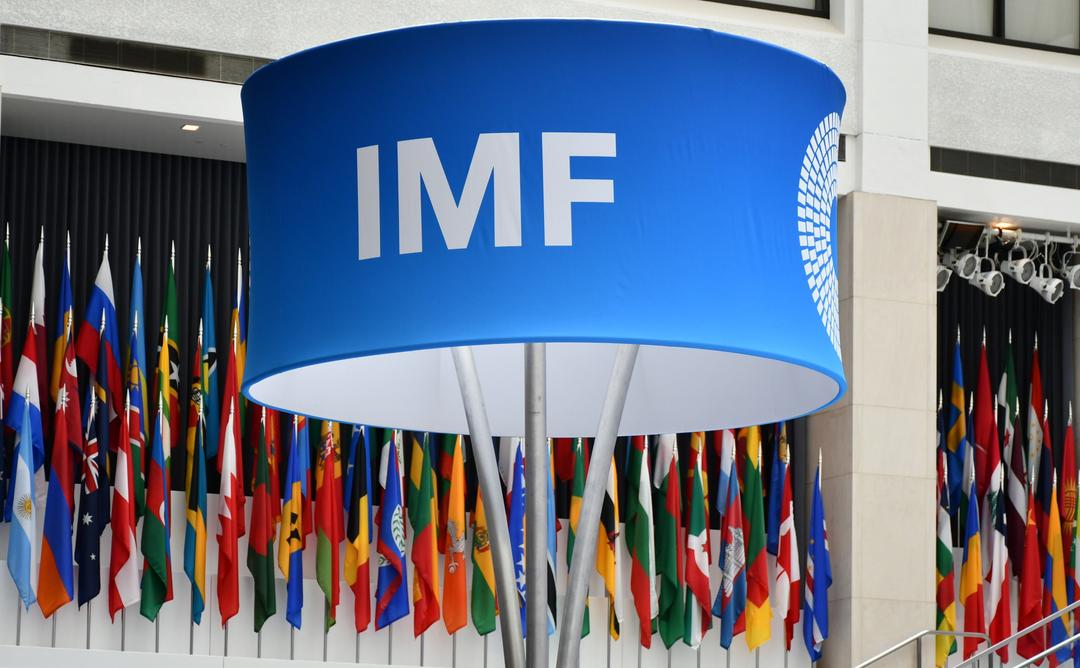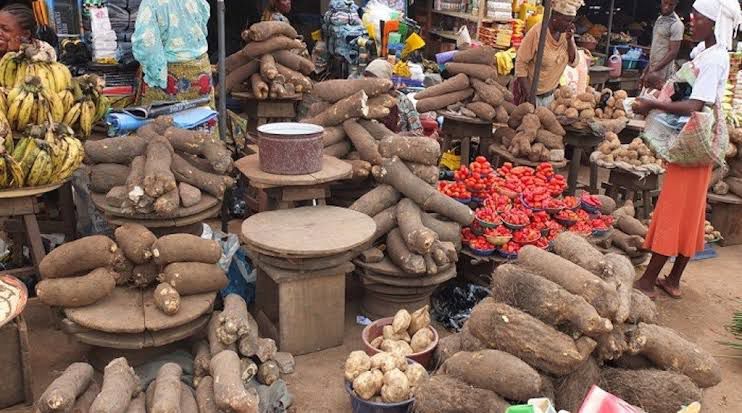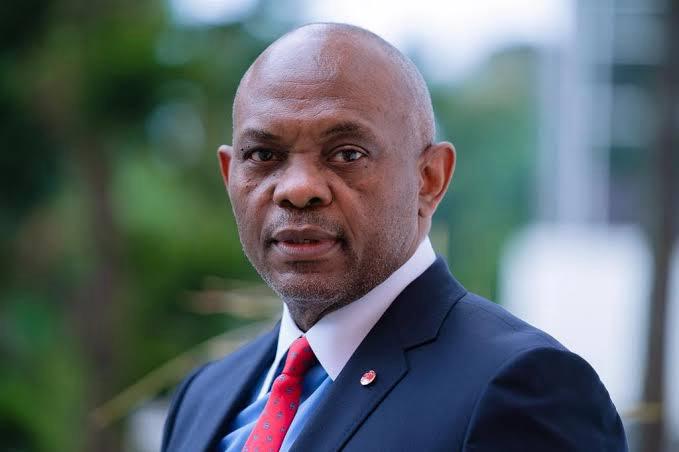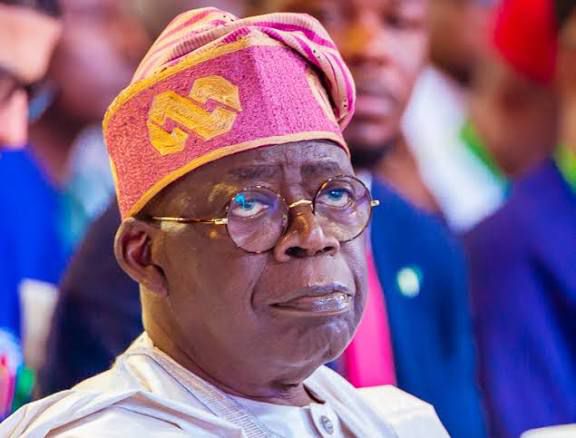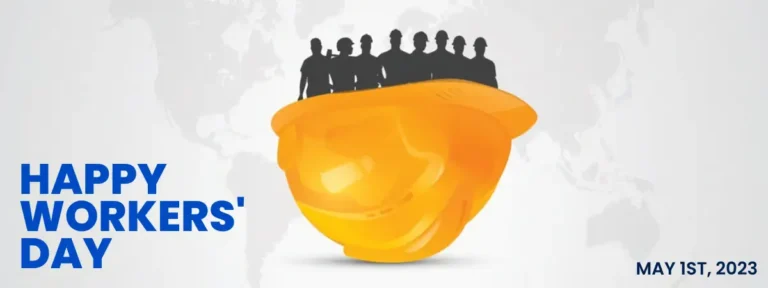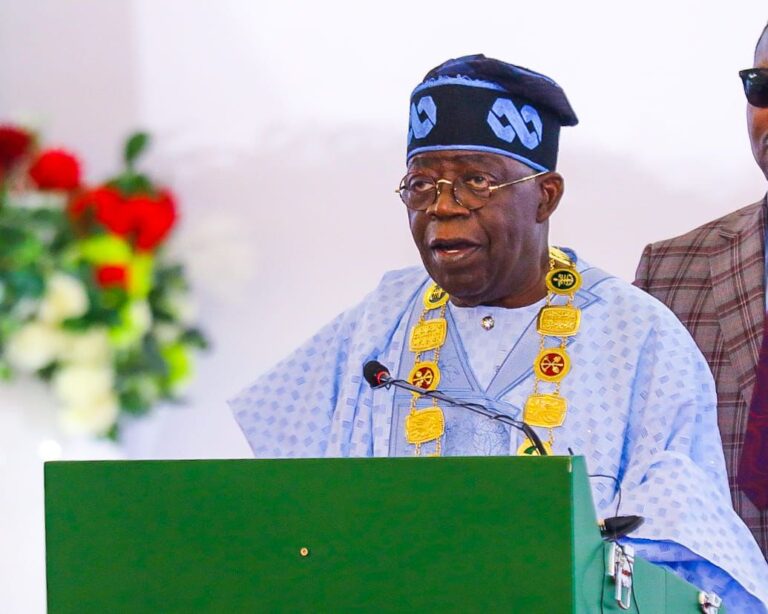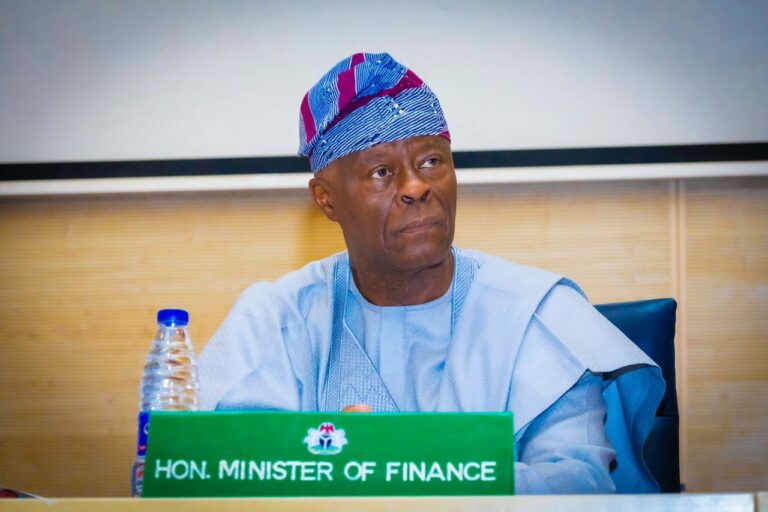The International Monetary Fund (IMF) announced on Tuesday that its staff and the Ivoirian authorities have reached a “staff-level agreement” on the fifth review under the Extended Fund Facility (EFF) and Extended Credit Facility (ECF) arrangements, as well as the fourth review under the Resilience and Sustainability Fund (RSF); signaling strong performance in the country’s economic and climate reform programs and clears the path for a significant financial injection.
According to a statement from the fund Upon completion of the reviews by the IMF Executive Board, the agreement will lead to two disbursements totaling approximately US$843.9 million. This sum is composed of about US509.5 million under the EFF/ECF arrangements and US334.4 million under the RSF.
The initial EFF/ECF arrangement was approved in May 2023, totaling about $3.5 billion, while the RSF arrangement, totaling around $1.3 billion, was approved in March 2024.
The IMF mission, led by Mr. Olaf Unteroberdoerster, held discussions in Abidjan from September 15–30 to assess progress. Mr. Unteroberdoerster praised the “strong” performance of the authorities’ programs, noting continued progress toward eliminating macroeconomic imbalances and promoting economic transformation.
“Performance of the authorities’ programs has been strong. Following constructive discussions with the Ivoirian authorities, we have reached a staff-level agreement on future policy measures and structural reforms aligned with the objectives of both programs.” Said Mr Olaf.
The country’s commitment to “steadfast revenue mobilization and expenditure control” has supported sizable fiscal consolidation. The fiscal deficit is on track to meet the West African Economic and Monetary Union (WAEMU) ceiling of 3 percent of GDP this year for the first time since the program’s launch in 2023.

Côte d’Ivoire’s economy remains resilient, with growth projected to increase to 6.3 percent in 2025, driven primarily by the services sector, hydrocarbons, and mining. Inflation has fallen faster than expected and is anticipated to average around 1 percent this year.
Favorable terms of trade, including higher international cocoa prices and lower imported food prices, are expected to narrow the current account deficit to about 1.5 percent of GDP in 2025. The country’s strong trade performance is also supporting the buildup of regional official reserves, which reached about 5.5 months of imports at the end of August.
Medium-term outlook remains generally favorable, with growth projected to average 6.7 percent and inflation expected to remain below 3 percent. The authorities have committed to maintaining a prudent fiscal stance through 2026, with medium-term revenue mobilization expected to raise tax revenue to 15.7 percent of GDP in 2026, creating critical fiscal space for social spending and infrastructure.
Discussions concerning the RSF focused on implementing reform measures crucial for strengthening climate resilience through adaptation and mitigation. These reforms included: Climate budget tagging; Assessing climate-related fiscal risk; Integrating climate considerations into public investment management; Operationalizing an energy consumption audit system.
Over the past decade, Côte d’Ivoire has consistently been one of the fastest-growing economies in Sub-Saharan Africa, with GDP growth averaging around 6.4%. This resilience is due in part to the government’s ambitious 2021-2025 National Development Plan (NDP), which aims to transform the economy and achieve upper middle-income status.

Its the world’s largest producer and exporter of cocoa and a leading exporter of raw cashew nuts. This reliance on agriculture, particularly in coastal zones, makes the economy highly susceptible to global commodity price volatility and climate shocks.
The 40-month combined EFF/ECF arrangement, approved in May 2023 for approximately US$3.5 billion, is designed to restore macroeconomic stability and support long-term economic transformation.
Its primary aim is to close the fiscal deficit. The program mandates that Côte d’Ivoire return to the WAEMU regional deficit ceiling of 3 percent of GDP by 2025 target which the IMF confirms has been met. However, it is being achieved through “steadfast revenue mobilization” and tighter expenditure control.
.




